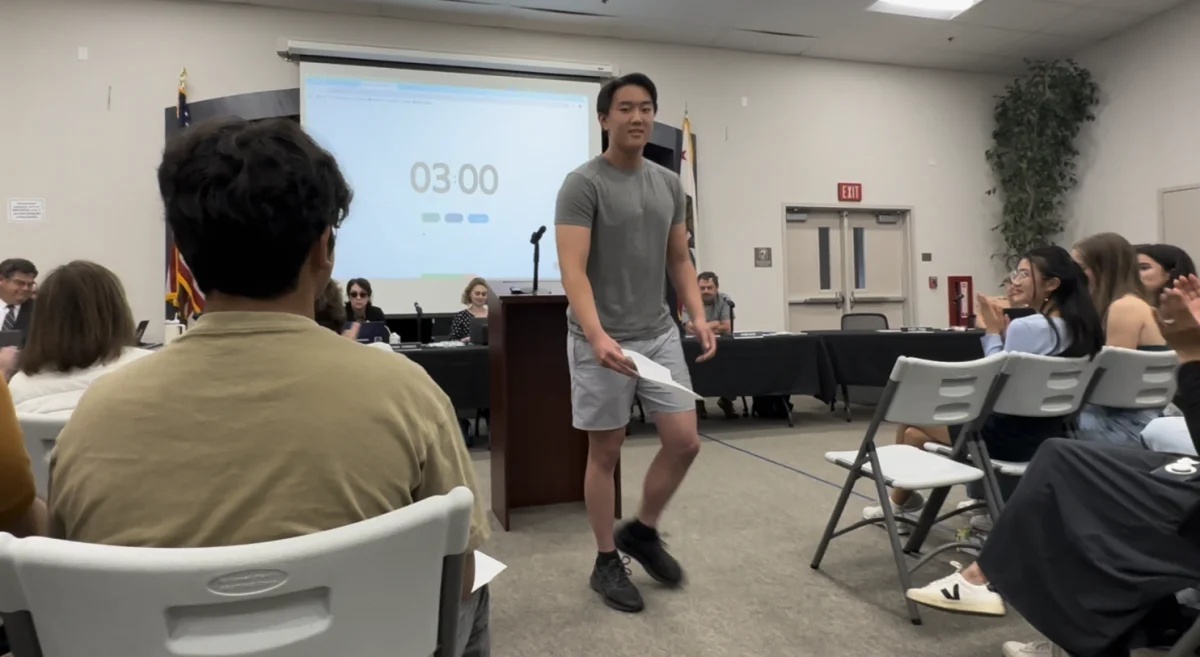In an election year, almost every word that comes out of a president’s mouth is political. On top of aiding him in the upcoming presidential election, President Barack Obama’s State of the Union Address also succeeded in bringing many innovative ideas to the forefront through a well-developed speech.
Although his performance was not perfect, Obama spoke eloquently and effectively pinpointed specific policies he hoped to enact–instead of the vague ideas that have garnered criticism in the past.
Economic Policy
While he has been criticized for the bailouts during his presidency, Obama was able to walk the fine line between admitting that he made a mistake and angering those against his policies in his speech.
Instead, he defended his actions by citing the fact that after the auto industry was bailed out, they created 160 thousand jobs. At the same time, however, Obama said that in the future there would be “no bailouts, no handouts, no copouts.”
This was both politically smart and a good point. While the auto industry is a major part of the American economy and a bailout was necessary, that doesn’t mean that the government is responsible for saving a company every time it faces trouble. Besides making a compelling argument for the bailouts, Obama also made it clear that they shouldn’t become common practice.
By doing so, he simultaneously emphasized that he was not backtracking on his actions and articulated the idea that governments should intervene only when absolutely necessary.
Education Reform
When it came to education, Obama made some of his most interesting points–such as suggesting that states should make laws outlawing students from quitting school until they graduate or turn 18.
Nearly everyone agrees that keeping students in school is in the best interest of both ourselves and the economy. Having a well-educated workforce will be imperative to not only our continued global success on a national level, but also lucrative and meaningful careers on an individual level.
Consequently, by preventing students from dropping out early, the government would ensure that all youth would receive at least a high school education.
Obama also acknowledged the inevitable presence of ineffective teachers in the classroom, but countered by suggesting that even if schools receive the increased funding he advocates, they should still be able to release subpar educators.
By covering the often-overlooked problem, Obama successfully asserted that no matter how much money we pump into our schools, none of it would do any good if it was used to pay bad teachers. Giving schools more power to maintain an effective staff is a more realistic solution than simply hoping more money will solve the problem.
Foreign Policy
The one area where the speech lacked was in foreign policy. The Obama administration has had a great record abroad, most notably the killing of Osama bin Laden. Because Obama has shown marked strength in this area, he should have focused on reviewing all that he has done and simultaneously admitting that we nonetheless still have work to do.
In the past few years, it has been widely reported that the United States is losing its international clout with the emergence of nations like China onto the world stage. Obama, however, simply brushed off the notion by claiming that the United States is “the one indispensable nation in world affairs.”
There has been clear evidence that US power and influence has indeed been on the decline, and Obama would have delivered a more effective speech by acknowledging the problem and stressing the fact that we should be willing to work with other powers to achieve our interests abroad.
Given all the accomplishments that Obama has achieved, he should have had no problem discussing foreign policy. Instead, the view he gave was far too idealistic and naive.
Overall
Obama’s speech, though lacking in some aspects, was filled with ideas and a sense of energy to tackle future problems. Although the President succeeded in offering reasonable solutions for the economy and education system, his idealism took over when he talked about foreign policy. If Obama stays on this track and avoids the pitfalls he faced when talking about the United State’s place in the world, he will be setting himself up to do very well in the upcoming elections.








